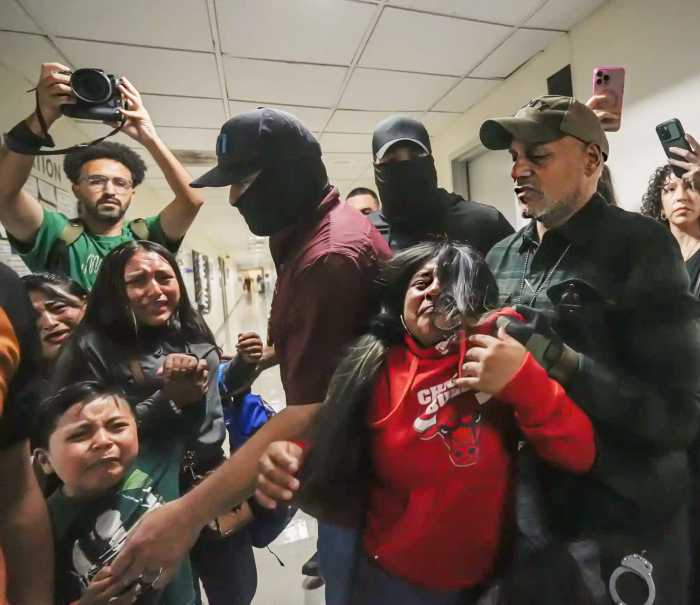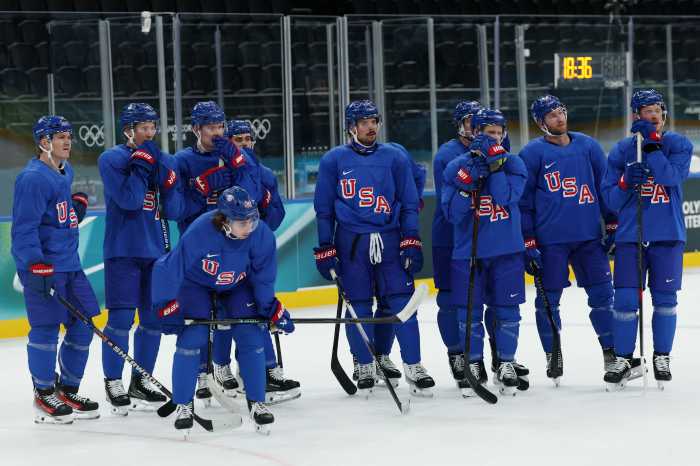BY NATHAN RILEY | As we get ever closer to the February 5 vote on Super Tuesday it is clear that will be the day that will tell us if the Democrats have a candidate picked by the primary voters or one that might only be chosen at the Democratic Convention.
As of today, it appears that Hillary Clinton will have a strong lead coming out of Super Tuesday. But Barack Obama surprised pollsters with his strong showing in South Carolina. His 55 percent of the total vote was higher than any poll predicted. But in states like New York and California, Clinton is currently polling at about 50 percent versus about 30 percent for Obama. It would require a huge shift in sentiments for the Illinois senator to overcome that lead.
The Republicans are having a tough time showing real strength. Their front-runner Senator McCain has yet to win 50 percent of the vote in any primary. The low turnout and apathy among Republicans bodes ill for their prospects in November – a prognostication buttressed by the steady stream of GOP members of Congress announcing their retirement.
Adding to the Republican woes are signs of an international recession. The sub-prime mortgage crisis that has dominated headlines inflicted permanent damage and now credit card debt is going sour. Big financiers like George Soros are predicting major disruptions among players in the financial industry. The pessimists see a global credit crisis developing. Stock indices throughout the world are down, many by more than 20 percent, locating them officially in bear markets.
A Republican Party already burdened by the Iraq war, rosy reports about the surge notwithstanding, will certainly suffer if it goes into the election during a recession. New York City unemployment at 5.2 percent is higher than the national average; its rise since last summer could prove a leading economic indicator.
In other words, the future lies with the Democratic Party. Despite the tough words exchanged between Obama and former President Bill Clinton, Democrats on the ground seem fully prepared to unite for the purpose of the election campaign.
The real impact of the Obama-Clinton feud will be felt after the new president is chosen. This was Ted Kennedy's point when he endorsed Obama – the torch has passed and the Illinois senator Obama is the Democrat hoisting it.
“With Barack Obama, there is a new national leader” who leads a “campaign not just about himself, but about all of us,” the Massachusetts liberal warhorse said. “A campaign about the country we will become, if we can rise above the old politics that parses us into separate groups and puts us at odds with one another.”
Clinton is still the favorite to win the nomination, but she will lead a Democratic Party that has already decided she represents the old way of doing business.
This can lead to positive change. The Democrats could control both houses of Congress and the Presidency. A debate between the center and the left of the party will be a refreshing opportunity to clarify thinking. But it also means there will be heated debates over the agenda that the Democrats will follow, not to mention the foreign policy of the world's only superpower.
Law and order for example will no longer unite the Democrats – a strong civil liberties wing will emerge that will challenge the anti-terrorism laws and the policy of mass incarceration and the drug policies that underlie it. The debate will pose grave difficulties for the women's movement and gay rights. Organizations like NOW and the Human Rights Campaign will navigate a new minefield. Their members will be pulled in two directions – supporting the president who has embraced the legitimacy, if not every iota, of their agenda versus aligning themselves with the growing demand for a recommitment to civil liberties.
This debate will, in turn, have a strong impact on politics here in New York City. The campaign to elect a new mayor and to fill dozens of City Council seats, whose incumbents face term limits, will begin in earnest the day after the presidential election. Look for the debate over Obama's idealism to affect the New York City campaigns, and the policies advocated by candidates running in 2009.





























